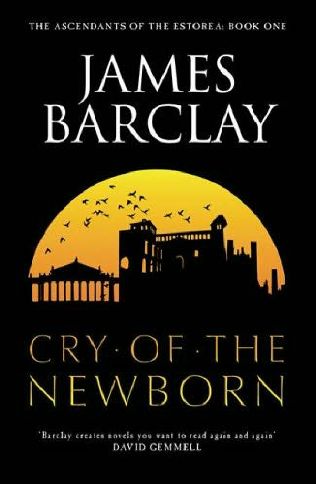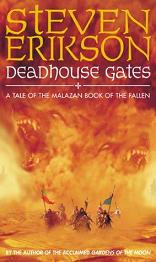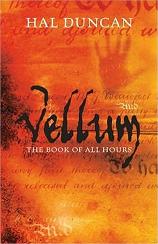- The House on the Borderland, 1908, William Hope Hodgson
- The Wind in the Willows, 1908, Kenneth Grahame
- The Great Return, 1915, Arthur Machen
- From Ritual to Romance, 1920, Jessie L Weston
- Nosferatu, 1922, dir FW Murnau
- Mr Weston’s Good Wine, 1927, TF Powys
- War in Heaven, 1930, Charles Williams
- The Green Child, 1935, Herbert Read
- At the Mountains of Madness, 1936, HP Lovecraft
- At Swim-Two-Birds, 1939, Flann O’Brien
- Fantasia, 1940, dir Walt Disney
- The Journal of Albion Moonlight, 1941, Kenneth Patchen
- That Hideous Strength, 1945, CS Lewis
- The Martian Chronicles, 1950, Ray Bradbury
- Mazirian the Magician, 1950, Jack Vance
- E Pluribus Unicorn, 1953, Theodore Sturgeon
- V, 1956, Thomas Pynchon
- The Incredible Shrinking Man, 1957, dir Jack Arnold
- The Vodi, 1959, John Braine
- The Alexandria Quartet, 1957-1960, Lawrence Durrell
- A Fine & Private Place, 1960, Peter Beagle
- The Stealer of Souls, 1963, Michael Moorcock
- The Wolves of Willoughby Chase, 1963, Joan Aiken
- I Never Promised You A Rose Garden, 1964, Joanne Greenberg
- The Magus, 1966, John Fowles
- All Along the Watchtower, 1967, Bob Dylan
- Mooncranker’s Gift, 1973, Barry Unsworth
- The Enigma of Kaspar Hauser, 1974, dir Werner Herzog
- Diamond Dogs, 1974, David Bowie
- Ritual Animal Disguise, 1977, EC Cawte
- Stalker, 1979, dir Andrei Tarkovsky
- The Bloody Chamber, 1979, Angela Carter
- The Fall of the House of Usher, 1981, dir Jan Svankmajer
- Mythago Wood, 1984, Robert Holdstock
- Halo Jones, 1984, Alan Moore & Ian Gibson
- Rain Dogs, 1985, Tom Waits
- Blue Velvet, 1986, dir David Lynch
- The Mortmere Stories, 1994, Edward Upward & Christopher Isherwood
- Jumping Joan, 1994, dir Petra Freeman
- Institute Benjamenta, 1995, dir The Brothers Quay
- The Voice of the Fire, 1996, Alan Moore
- Lost Highway, 1997, dir David Lynch
- Simon Magus, 1999, dir Ben Hopkins
- The Dream Archipelago, 1999, Christopher Priest
- Under the Skin, 2000, Michel Faber
- Ratchet & Clank, 2002, Insomniac Games
- The Carpet Makers, 2006, Andreas Eschbach
- Peter & the Wolf, 2006, dir Suzie Templetonv
- The Night Buffalo, 2007, Guillermo Arriaga
- Night Work, 2008, Thomas Glavinic
A great list and the best thing is that despite its variety and the hodgepodge of media represented here (books, comics, movies, even videogames) this still looks like a coherent whole, a list created from a (sub?)conscious aesthetic. If I could spot a theme here it’s of fantasy not as a creator of secondary worlds, independent of the real world, but of fantasy as a creative force playing with our own perceptions of reality. It’s also interesting to spot the omissions, partially deliberate as Harrison wanted to avoid ‘both the Tolkien-boomers and their Dark Other, the Peake “tradition”’.


